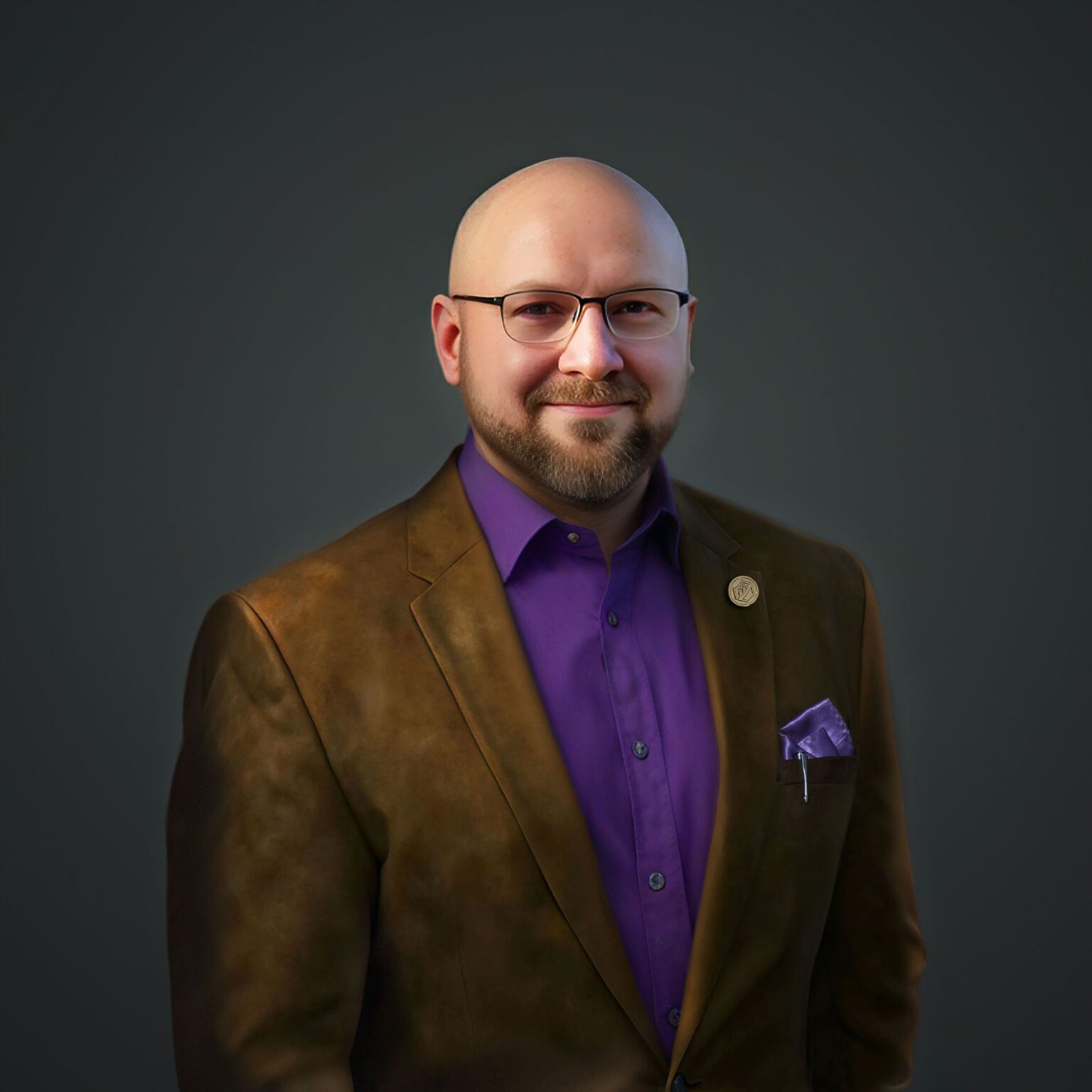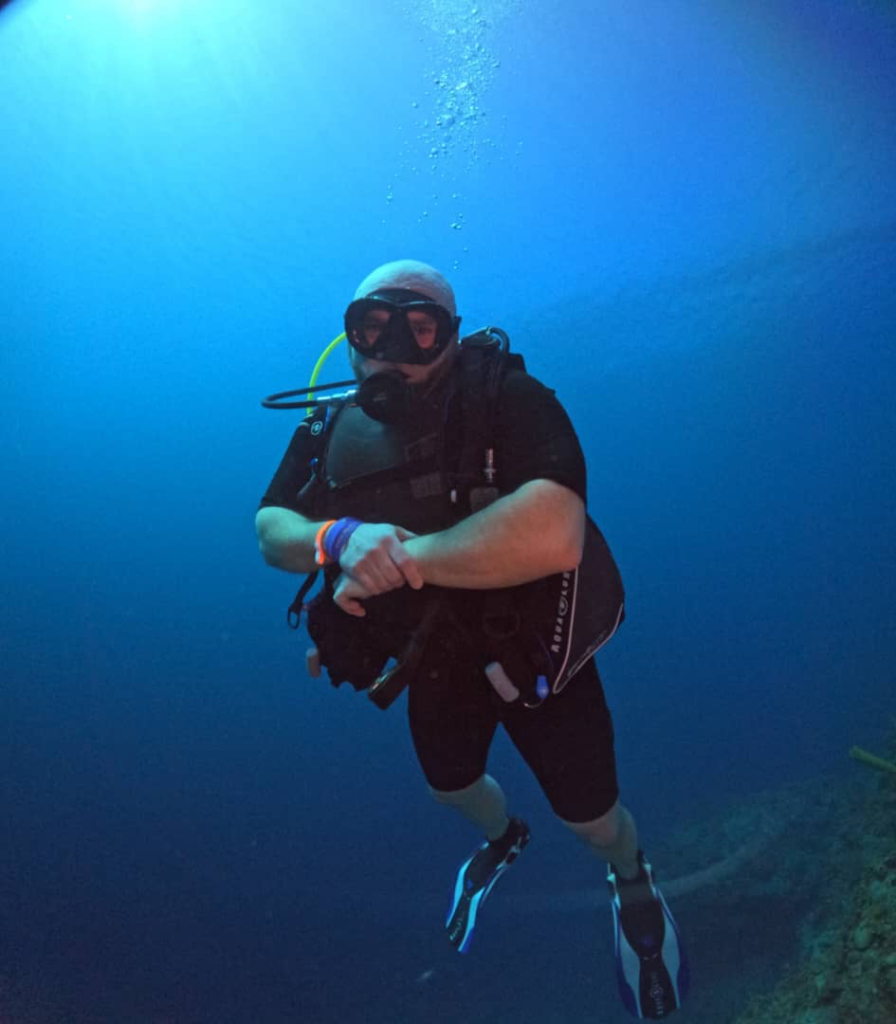
Max
Executive & Leadership Coach, CEO
Passion: Emotional Intelligence, Psychology, Personal Development, and my cat, Lion.
Life Attitude: Never Give Up!
Role in Our Company: Providing Executive & Leadership Coaching, Emotional Intelligence Training, and keeping the FAMILY together.
Hobbies: Outdoor activities, snowboarding, scuba diving, and motorcycling.
Volunteering: Mentor and interpreter for newcomers at the JIAS Community Centre.
Mentor in the Black Achievers Mentorship Program at the YMCA Community Centre.
Credentials and Certification : Internationally Certified Coach (Executive & Leadership Coach, Emotional Intelligence Coach, Personal Development Coach, Wellness Coach, NLP Coach)
My Perspective on Life : I see life as a journey, not something we own. We’re all just passing through this world, and the real question is: what can each of us do with the time we’re given? When we accept that we’re temporary visitors, it becomes clear that we should follow our hearts. That’s the only way to live a happy, meaningful, and fulfilling life.
My personal story :
My own journey started in a place that no longer exists—the Soviet Union (USSR)—in the western part of Ukraine. When I was 12, my parents decided to immigrate to the Middle East, and that’s where I spent the next 24 years of my life until, as an adult, I decided to immigrate to Canada.
Over the years, I worked in a bunch of different jobs across various fields. All that experience gave me a wide perspective, opened my mind, and helped me notice connections between things that might seem totally unrelated. At one point in my life, I hit a wall. I was going through my own midlife crisis and struggling with deep depression. It became clear to me that my heart wasn’t aligned with what I was doing anymore. That’s when I decided to take a step back and go through what I called the “Return to Innocence™” process.
I looked at my entire career—every job I’d ever had—and asked myself: What patterns are there? What did I enjoy doing? What felt meaningful? What brought me satisfaction?
What I found was the one constant. The answer was obvious. In every role I’d ever had, the part I loved most was helping people. So, I made a tough decision. I left a high-paying, six-figure-a-year job and decided to chase my true calling.
I decided to become a Coach. I knew I needed to do it the right way, so I started educating myself and getting certified. I took course after course, diving into Life Coaching, Executive and Leadership Coaching, Emotional Intelligence Coaching, Personal Development Coaching, Wellness Coaching, and NLP Coaching.
Of all these, Emotional Intelligence (EI) has become my biggest passion. To me, EI is the foundation of everything. It’s about being aware. You will ask, aware of what? — aware of your emotions, the emotions of others, and the situations you’re in. You might wonder, “What’s the point of all this awareness?” Well, it’s simple. If you know where you are and where you want to go, you can figure out your own unique way to get there. It’s like learning to read a map.
My goal as a coach is to help you figure out your map. Together, we’ll figure out where you are, where you want to be, and the best way of getting you there.
Let’s work together to make your dream come true.






